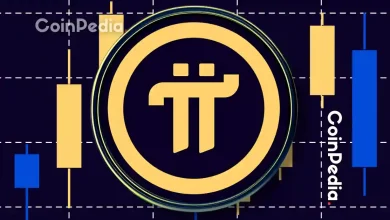
Ripple has released a new whitepaper outlining how the United Kingdom can take the lead in setting crypto standards, making it one of the most appealing centers for the crypto sector, alongside Dubai, Singapore, and the European Union.
The document was released ahead of the anticipated changes to the UK’s Financial Markets and Services Bill, which is expected to establish the country’s framework for cryptocurrency regulation. That bill was first introduced to the British Parliament on July 20, 2022, and it was voted earlier in October to include more features regarding cryptocurrency regulations.
What Were Ripple’s Recommendations?
Ripple’s suggestions are about creating “a clear regulatory framework that distinguishes between different types of crypto asset activity,” as guided by their respective risk profiles, which Ripple contends can vary greatly.
The cryptocurrency company claims that any future regulation should “delineate clearly” between ideas that benefit consumers and those that benefit businesses.
According to the whitepaper, cryptocurrency businesses should also be treated differently based on “the level of interconnection with the rest of the economy and hence the potential risk they pose more widely.”
The Environmental Impact
Additionally, Ripple discusses the various effects each blockchain network has on the environment and how the company mines coins and validates transactions will have a significant impact on this.
Proof-of-Work (PoW) blockchain platforms, such as Bitcoin, necessitate greater computational power to add new blocks to the network.
The Proof-of-Stake (PoS) blockchain requires validators to stake the cryptocurrency in order to approve transactions. Compared to PoW networks, these blockchain networks use only a fraction of the energy.
Both of the methods mentioned above are not used by Ripple’s XRP token, which instead employs a Proof-of-Consensus (PoC) mechanism in which a network of “unique nodes” agree on which transactions can be processed in the network, with a minimum consensus of 80% required.
In Conclusion
It’s noteworthy that the UK announced its intention to become a crypto hub in April, with the help of Rishi Sunak, who was then the Finance Minister and is now the Prime Minister. Many anticipate that under the leadership of this crypto-friendly Prime Minister, the UK will see an increase in the acceptance of cryptocurrencies.








